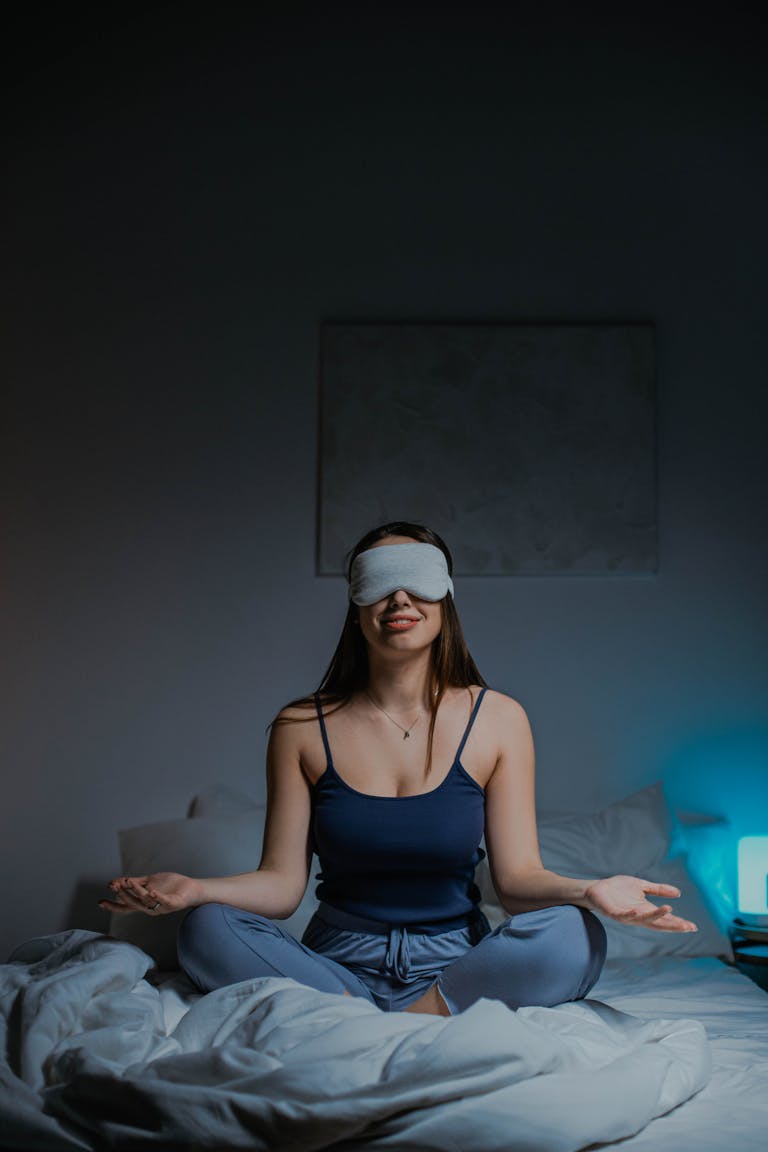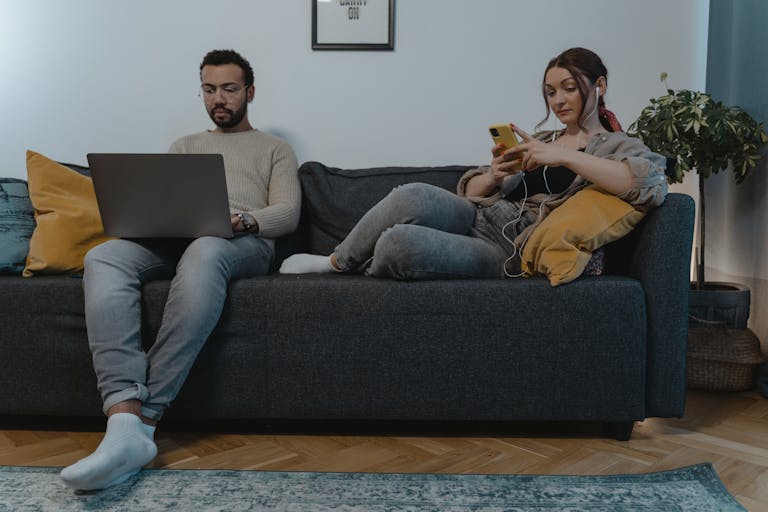In today’s hyper-connected world, we spend a large portion of our day in front of screens. Whether it’s for work, entertainment, or socializing, screen time is an inevitable part of our lives. However, excessive screen use can have a significant impact on mental well-being. It can lead to stress, anxiety, depression, and a sense of being constantly “plugged in.”
In this article, we’ll explore why managing screen time is essential for your mental health and offer practical strategies to strike a healthy balance between tech use and personal well-being.

The Impact of Excessive Screen Time on Mental Health
While technology has undoubtedly improved many aspects of our lives, it also comes with challenges. Research shows that excessive screen time, especially from social media, gaming, and constant notifications, can negatively affect mental health. Here are some common issues linked to high screen time:
- Increased Stress and Anxiety: Constantly checking emails or social media can create a feeling of urgency, leading to stress and anxiety. The pressure to respond quickly can overwhelm your mental state, leaving little room for relaxation.
- Sleep Disruptions: Excessive use of screens before bed, especially blue light exposure from phones and computers, interferes with the body’s natural sleep cycle. Poor sleep quality can increase the risk of depression, fatigue, and lack of focus.
- Social Isolation: Despite being more connected than ever, excessive screen time can reduce face-to-face interactions, leading to feelings of loneliness and isolation. Over time, digital connections may replace meaningful personal relationships.
- Decreased Productivity and Focus: Spending long hours in front of screens can lead to distraction and a lack of focus, diminishing productivity. Constant notifications and multitasking can fragment your attention, making it harder to concentrate on important tasks.
Why You Need to Manage Your Screen Time
Managing screen time is crucial for maintaining a healthy work-life balance and nurturing mental well-being. Here’s why it’s important:
1. Promotes Mental Clarity and Focus
Reducing screen time allows your brain to take a break from constant digital input, which can improve your focus and mental clarity. By limiting distractions, you can concentrate better on important tasks and enjoy deeper work sessions.
2. Enhances Relationships
Taking breaks from screens encourages face-to-face interactions and strengthens relationships with friends, family, and colleagues. Meaningful conversations and connections are essential for emotional well-being.
3. Reduces Stress and Anxiety
Managing screen time helps reduce digital overload, allowing your mind to relax. Fewer notifications and fewer digital interruptions can lead to a sense of calm and help you better manage stress and anxiety levels.
4. Improves Sleep Quality
By reducing screen time in the evening, especially before bed, you give your body the chance to unwind and prepare for rest. Good sleep is essential for maintaining both physical and mental health.
Practical Tips for Managing Screen Time
Now that we’ve established why screen time management is crucial for mental well-being, let’s look at some practical strategies to help you reduce your screen use without sacrificing productivity or enjoyment.
1. Set Screen Time Limits
Use built-in features on your smartphone or computer to track and limit your screen time. Apps like Screen Time on iOS and Digital Wellbeing on Android allow you to monitor how much time you spend on specific apps. Set limits to reduce the time you spend on non-essential activities.
2. Take Regular Breaks
For every hour spent in front of a screen, take a 10-15 minute break. Step away from your desk, go for a short walk, or stretch to give your eyes and mind a rest. The 20-20-20 rule can also help: every 20 minutes, look at something 20 feet away for 20 seconds to reduce eye strain.
3. Set Boundaries for Social Media Use
Social media can be a significant source of digital stress. Set boundaries for how often and when you check your social media accounts. Consider setting aside specific times during the day to check notifications, rather than responding to them constantly.
4. Unsubscribe from Notifications
Constant notifications interrupt your day and make it harder to concentrate. Turn off non-essential notifications or use a “Do Not Disturb” feature during work hours or when you need focused time. Prioritize the notifications that truly matter.
5. Implement Tech-Free Zones
Create tech-free zones in your home, such as the dining room or bedroom. These spaces encourage you to disconnect from devices and spend quality time with others or focus on activities that promote well-being, such as reading, journaling, or meditation.
6. Engage in Offline Activities
Find hobbies or activities that don’t involve screens. Exercise, cooking, crafting, or spending time in nature are excellent alternatives that promote physical and mental health. These activities give your mind the opportunity to reset and recharge.
7. Use Blue Light Filters
If you need to use screens for extended periods, consider installing blue light filters on your devices. Many smartphones and computers have built-in features that reduce blue light exposure, which can help improve sleep quality and reduce eye strain.
Q: How much screen time is too much for adults?
A: The recommended screen time for adults is about 2 hours of recreational screen use per day. However, it varies based on individual needs, job requirements, and personal habits.
Q: Can reducing screen time improve my productivity?
A: Yes! Reducing screen time helps minimize distractions, which can lead to better focus and productivity. Less time spent on social media and other non-essential activities means more time for important tasks.
Take Control of Your Screen Time Today!
Start managing your screen time effectively to improve your mental health, boost productivity, and maintain a healthy work-life balance. By implementing these strategies, you can enjoy the benefits of technology while safeguarding your well-being.

I’m EKBAL HOSSAIN MONDAL, the creator of SmartSolveTips.com — a blog dedicated to helping people improve productivity, avoid digital burnout, and live better online. With years of hands-on experience in self-development and digital wellness, I write practical tips and tools to help you stay focused and thrive in a fast-paced digital world.






